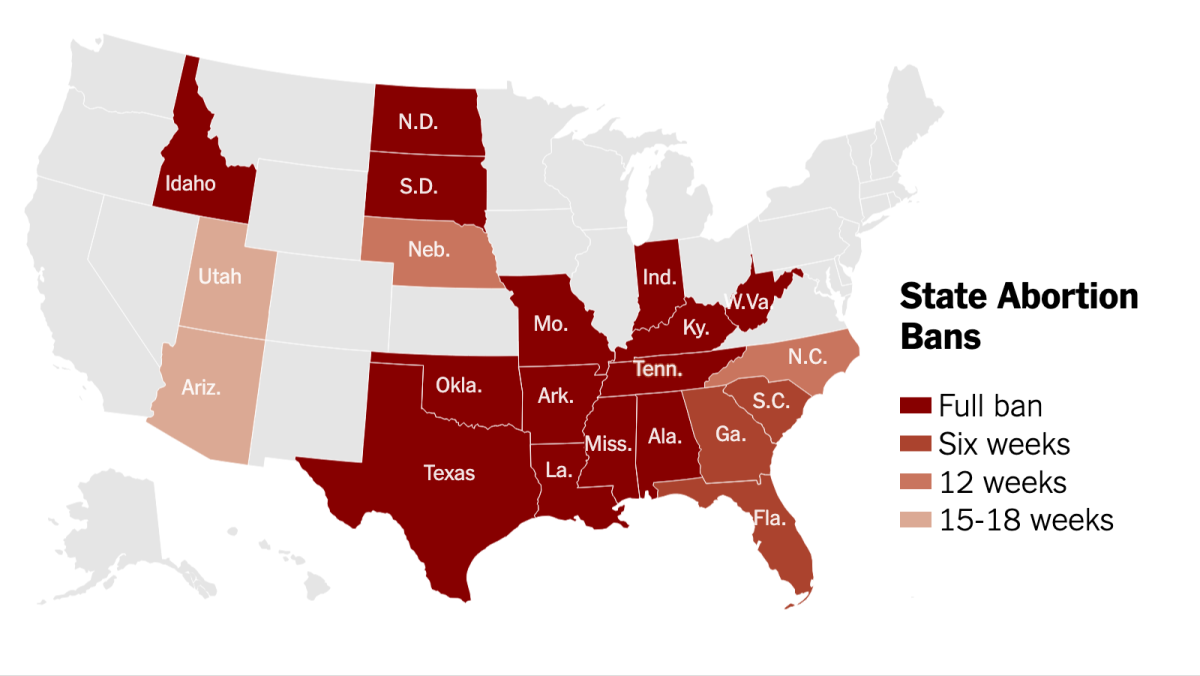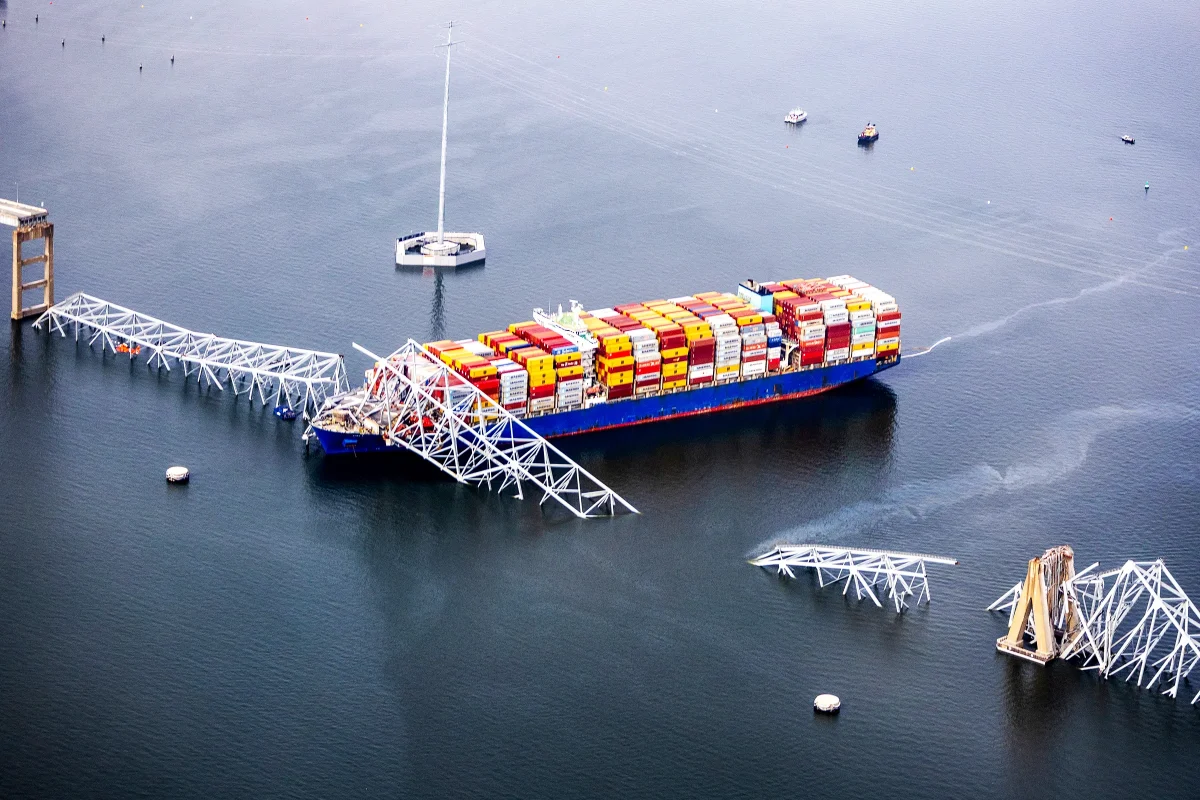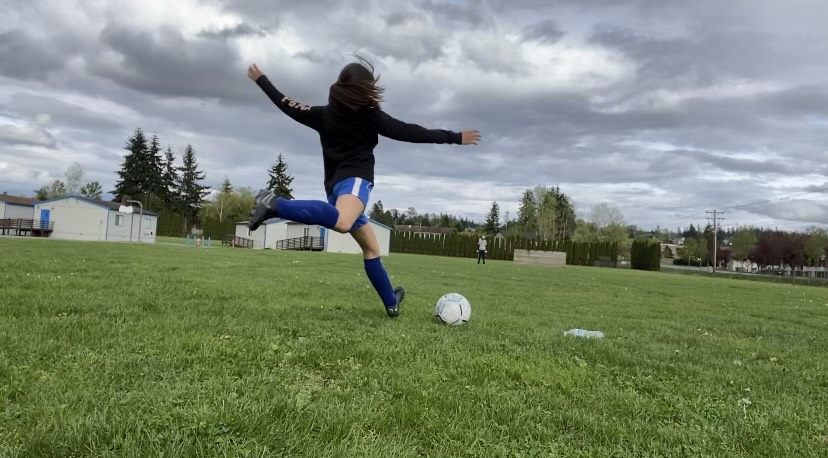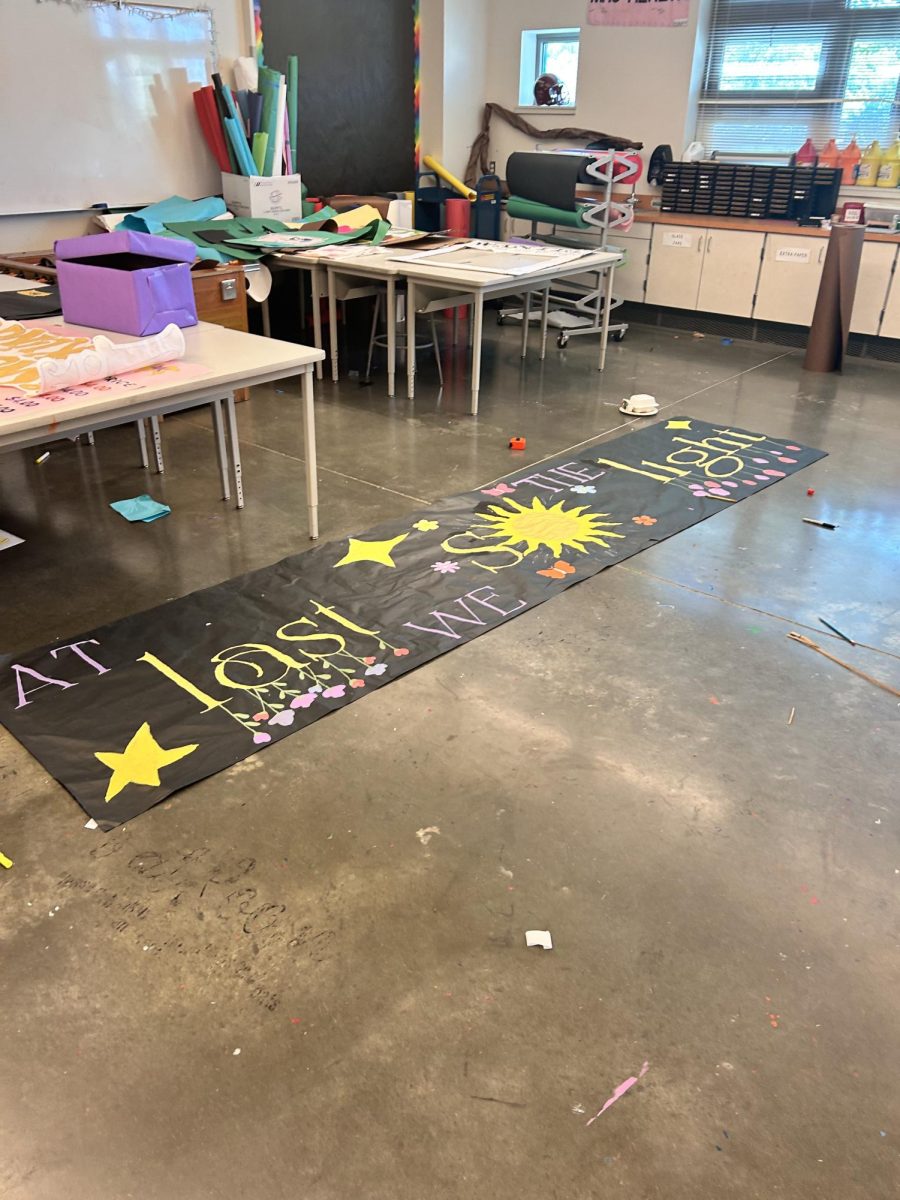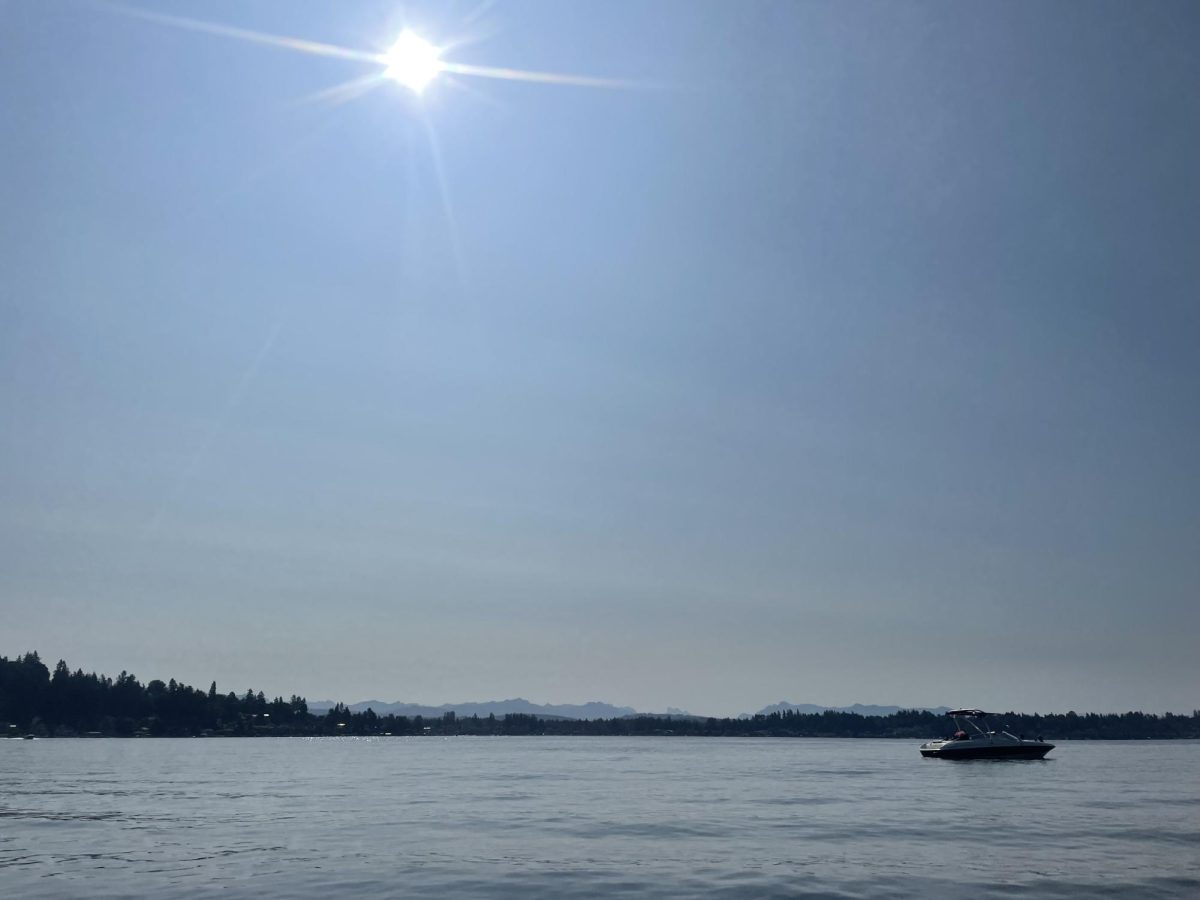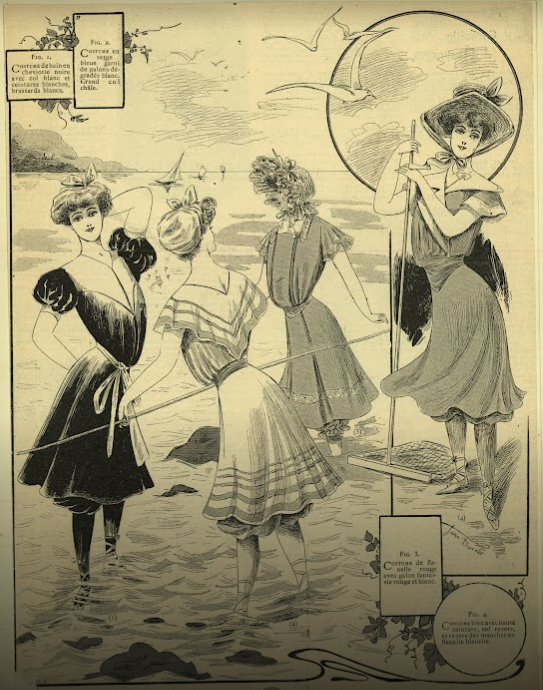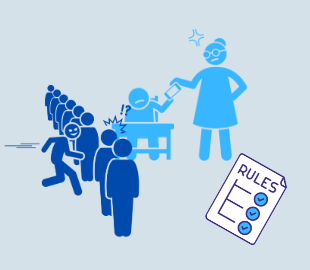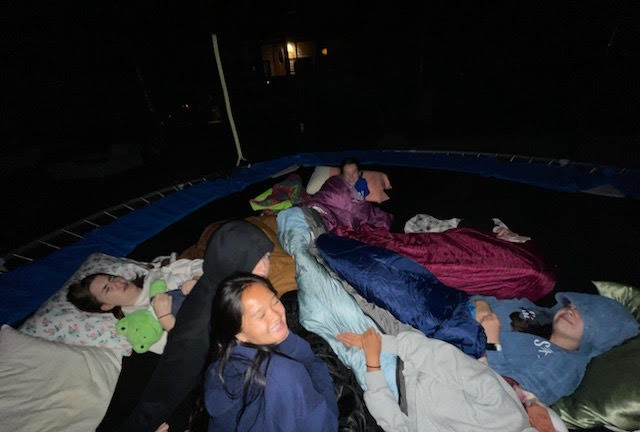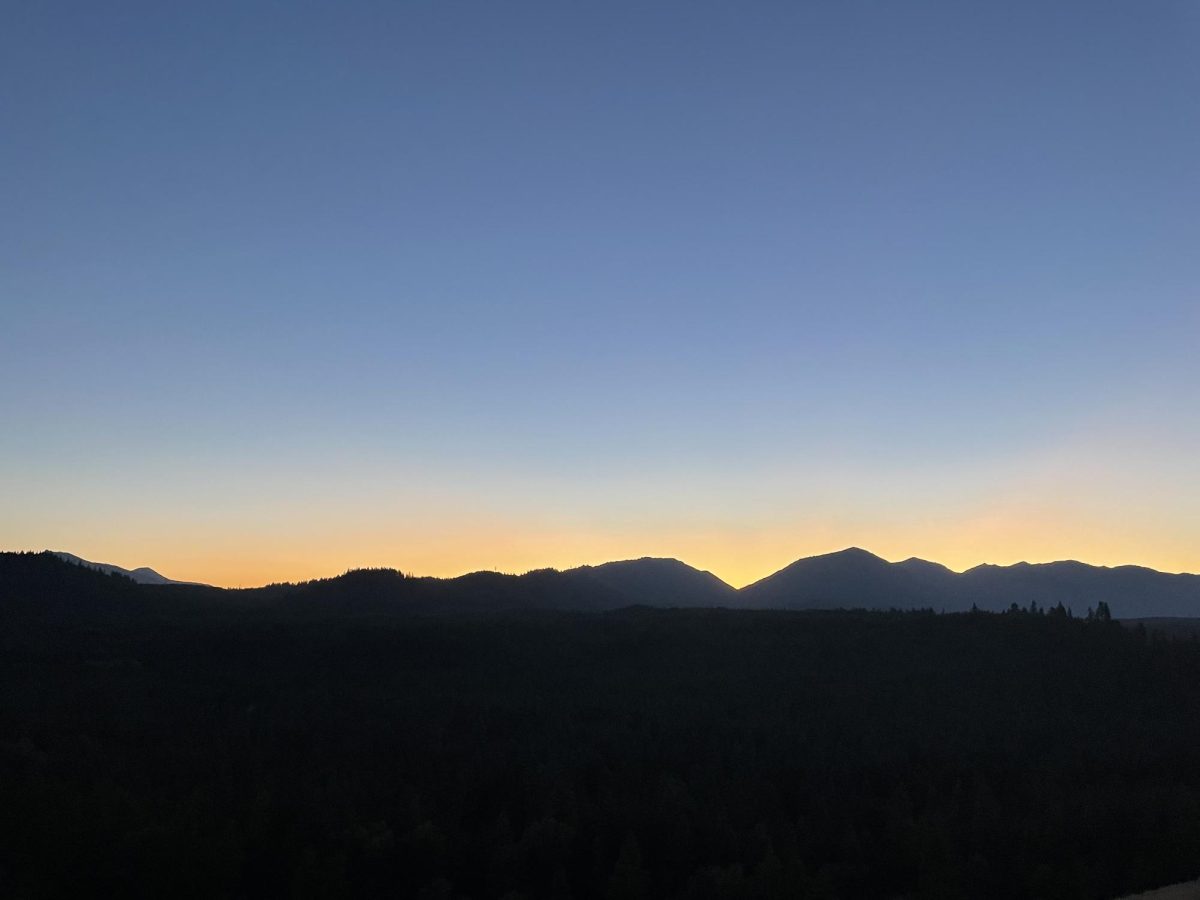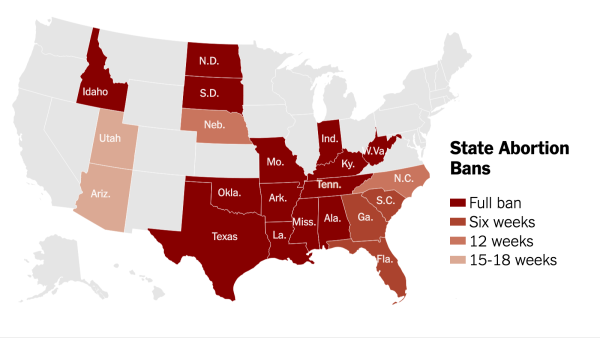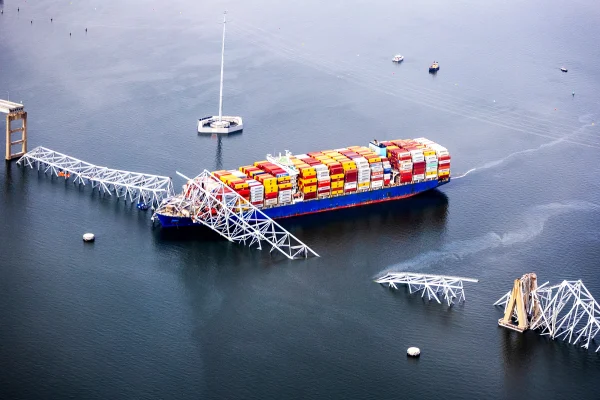The Winter Storm Will Likely Get Worse Next Year
An image taken of the snowy weather in California after the Winter Storm hit (Credits WANE 15 News).
March 14, 2023
Please note that some of the information in this article is bound to change as time passes. There will be no new changes or edits to this article to correctly fit weather updates in the future.
You might’ve read this title and thought, “Nice! I get to have a lot more days off from school next year!” after the recent winter storm that caused consistent rain and snow in Washington. However, as many benefits as the winter storm may provide to those who enjoy snowy weather, there will also be an equal amount of problems.
The Winter Storm, unofficially named ‘Uri’ by local weather channels, started from February 13th-17th this year and has made its way throughout Canada and the US. This storm is also known as an ‘extratropical cyclone’, which is a low-pressure storm that covers most of the Earth. They are capable of producing a series of serious weather events, such as thunderstorms, tornados, and blizzards. So, why did this happen to the US? The short answer would just be climate change.
Climate change is indirectly affecting the severity of winter storms. The storm that came to Lake Stevens recently was due to heavy wind from the arctic, which is melting four times faster than the globe as a whole. Dr. Jennifer Francis, a senior scientist at the Woodwell Climate Research Center, stated in an interview that climate change is actually making winters warmer.
“It’s causing storms to have more fuel to work with in the form of water vapor and heat, more moisture, and as a result, these storms are dumping more precipitation,” Francis says. As the globe continues to get warmer, the oceans start to (but slowly) evaporate, along with water on land, which leads to more water vapor in the atmosphere. “This heavy precipitation in turn increases the intensity of the impacts of winter storms,” Francis clarifies.
So, in case you were wondering, yes, it will snow again this year, but only in mid-November. The winter storm that came to Lake Stevens recently has moved on throughout the US, most notably in California. If these serious weather events continue, then we may have more winter storms impacting us earlier than November.
It is important to make sure that you are prepared for these events, such as knowing where your winter clothes, gloves, coats, beanies/hats, and blankets are. In more serious cases, such as a power outage, it is important to check if you have the following:
– Access to food and water not in the fridge/freezer
– Portable chargers for electronics and extra batteries
– Flashlights to use as a light source (Candles are dangerous)
Recent weather updates can be found in the two links below:
https://weather.com/weather/hourbyhour/l/Lake+Stevens+WA?canonicalCityId=790331b90d24edac4350c4ee9459220cf2fdc49bf8de68305e51df94619c6b47
https://www.weather.gov/
